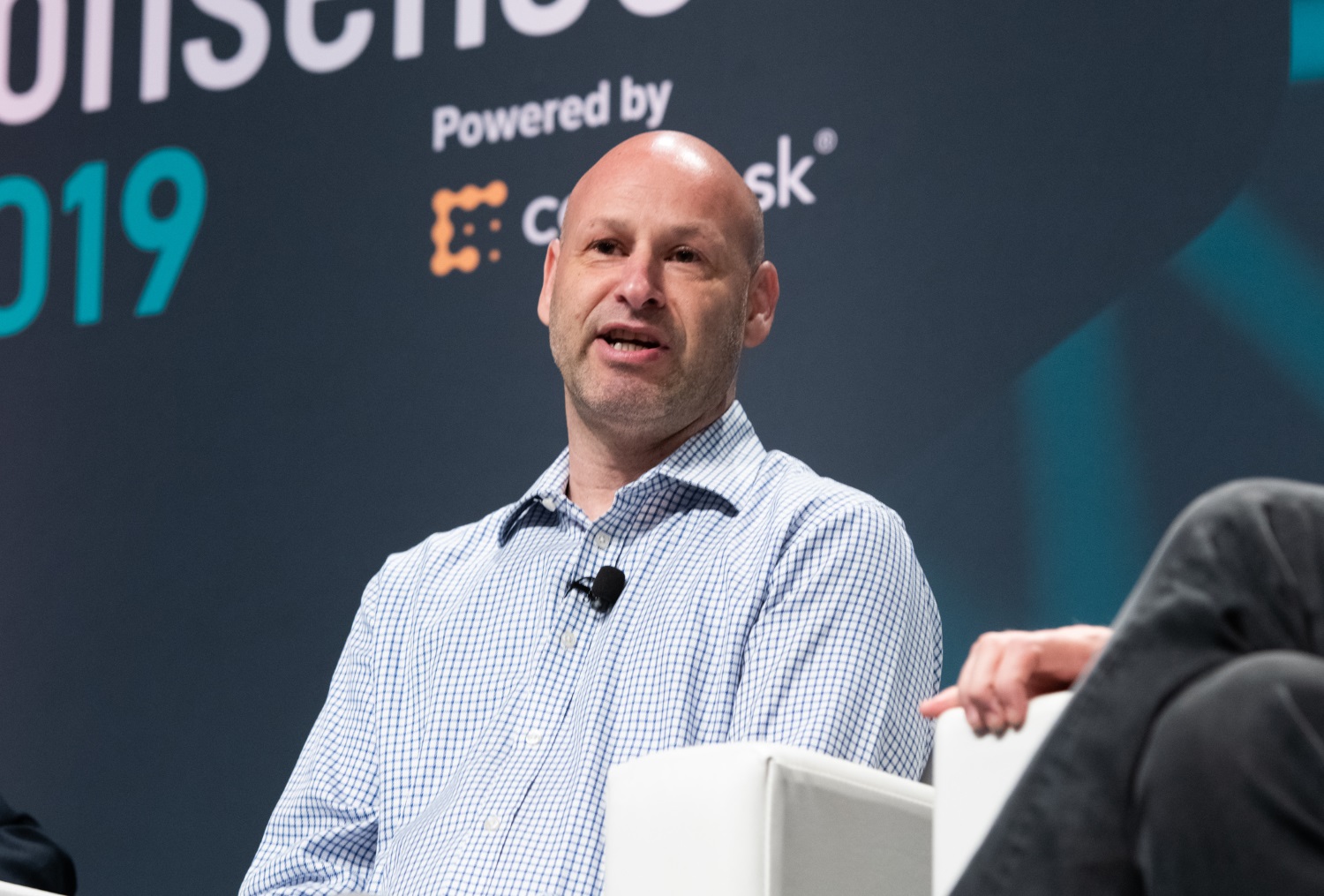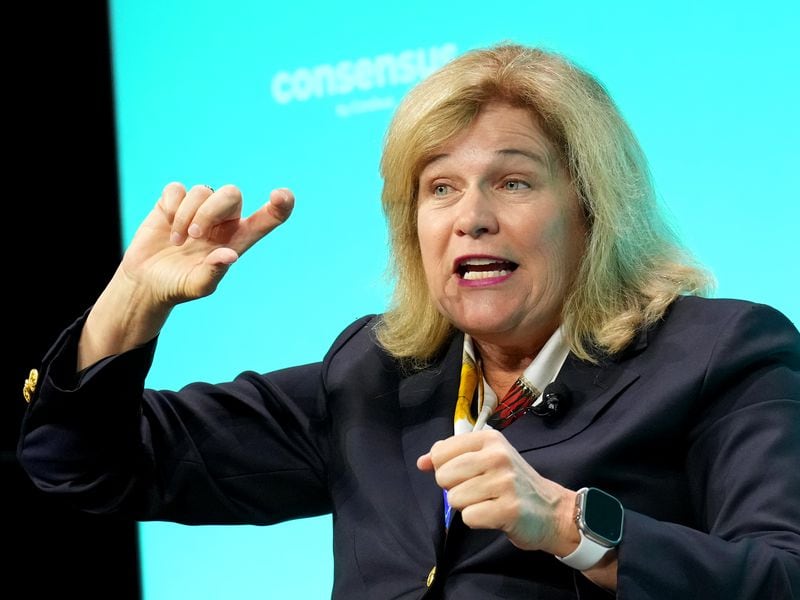Former FTX US CEO’s New Venture Is Seeking to Harness AI for Crypto Trading
Many people are convinced that artificial intelligence (AI) is going to have a profound impact on almost every industry, and crypto trading is no exception. Brett Harrison, the former CEO of FTX.US who stepped down just months before its parent company collapsed, thinks using AI could make coding algorithmic trading strategies easier.
His new venture, Architect, officially started in January 2023 with a $5 million seed round from Coinbase Ventures and Anthony Scarmucci, among others, and aims to bring investment tools to individual traders and large institutions, Harrison told CoinDesk in an interview. Architect’s platform has been available for select clients in beta mode since May.
Around February or May, when interest in AI was at its zenith, Architect saw an opportunity to write algorithmic trading code for crypto, using generative AI tools such as ChatGPT – the chatbot created by Sam Altman’s OpenAI. Often the hardest part about creating such algorithms is the initial step, going from zero to one, because it requires specialized skills and knowledge that not all trading firms have in-house, he said.
“Our idea was to leverage the OpenAI API’s [application programming interfaces] and combine them with our internal trading API’s that we’ve built on top of all these different protocols to make it possible to use natural language probes to generate trading strategy code,” Harrison said. For example, using Architect’s platform, traders could set up software that buys bitcoin on Coinbase (COIN) when its price drops below what it is on other crypto exchanges.
But Architect is still in the “early exploration” phase of AI tools, and envisions it as part of a suite of features on its platform. Another AI-powered tool it is considering based on customer feedback is actually using large language models (LLMs) for advanced market indicators, or actually embedding LLMs directly into the trading process, Harrison said.
LLMs such as OpenAI’s ChatGPT and Google’s Bard are artificial neural networks trained on large datasets of language, such that they can understand and generate human-like texts. Due to their proficiency with language, LLMs can understand complex concepts and explain them to users in an approachable way.
“The main thesis is to build good software that helps enable institutions to be prepared for a world that mixes traditional and digital assets seamlessly,” Harrison said. “But we do think that AI is going to be a critical component of most businesses going forward, and we didn’t want to miss the opportunity to be able to leverage AI tools for our users.”
Ultimately, the success of the trading strategies depends on the team behind it, not just the generative AI used to build it. The results you’re going to get from something like OpenAI’s Chat GPT are only going to be as good as the prompts that you’re giving it, Harrison noted.
“You definitely need to review the strategy, make sure it’s working, tweak it, test it,” he said.
Regardless of the new trading platform, the shadow of FTX – the company that saw one of the crypto world’s most highly publicized collapses – has followed Harrison and Architect.
Harrison resigned from the position of CEO at FTX.US in late September 2022, just months before the exchange’s collapse. Six of eight Architect employees listed on its website used to work at FTX US.
Asked about his connection to FTX and fundraising, Harrison said that some investors couldn’t shake it, but others were able to.
“I spoke publicly about the way that Sam had a real power over the industry, prior to the collapse, and how that affected even my raise process, and people asking about what connection Sam would have to the company before the collapse. And then, post collapse, some of those same investors were concerned about my association with FTX. But those were just a few” from everyone he spoke to, he said.
“We were able to raise, you know, very successfully, in what was otherwise, some of the most difficult times for the industry, for raising money in general, not just in crypto, but across the VC [venture capital] landscape,” said Harrison.
Edited by Nelson Wang and Aoyon Ashraf.









